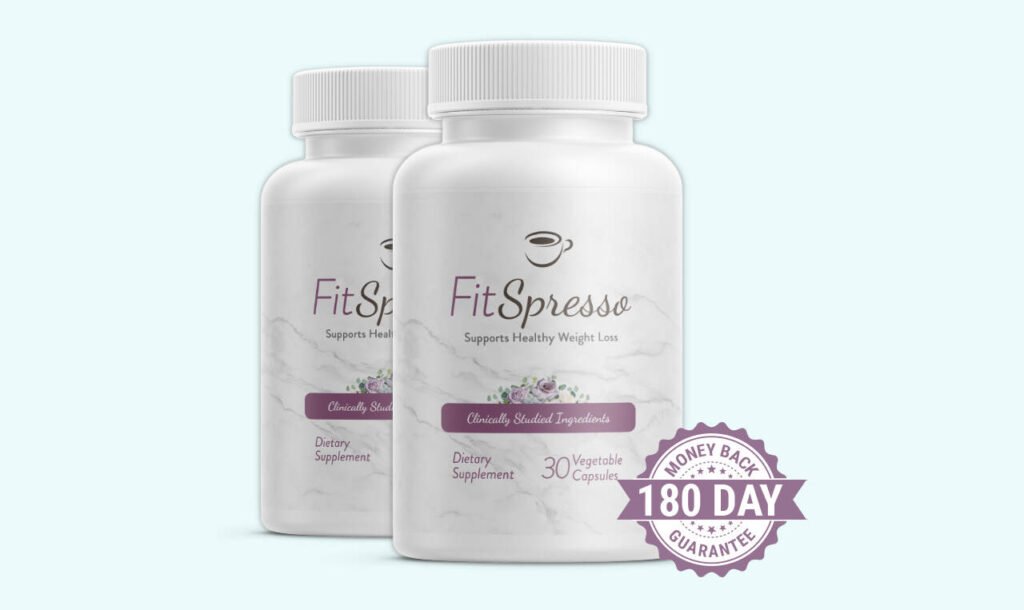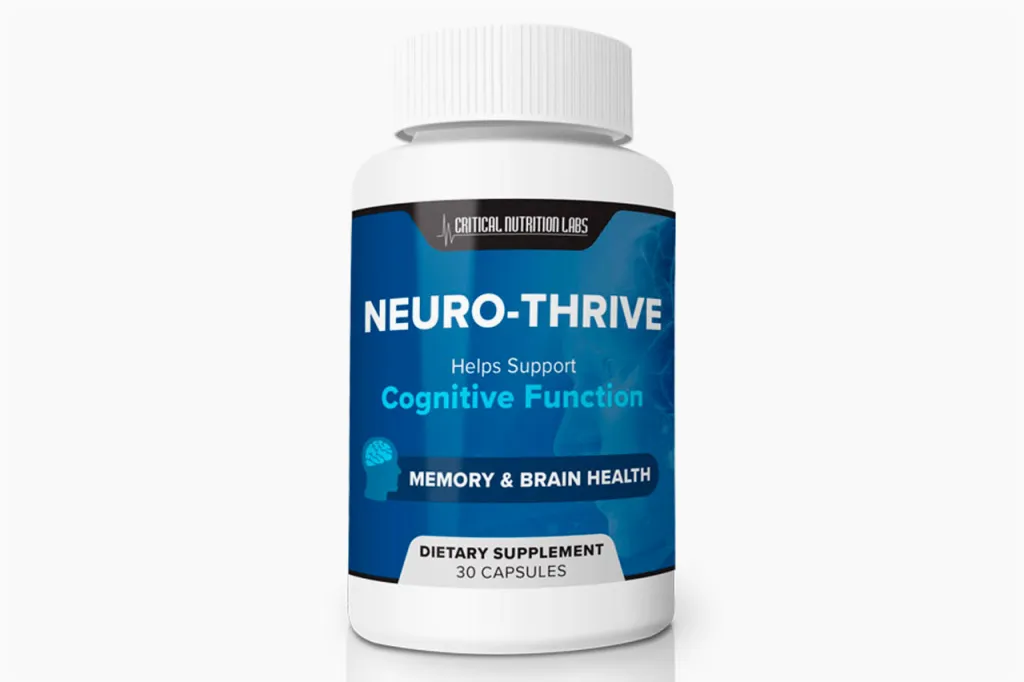Cinnamon benefits includes slowing down aging process, managing inflammation, regulating blood sugar and improving the profile of blood lipids, fighting cancer and reducing the likelihood of developing bacterial infections. Other benefits includes improving the immune system and increasing sensitivity to insulin.
What is Cinnamon?
Cinnamon is a spice, similar in some ways to ginger and turmeric, with a curious taste. It is usually found in brown “sticks” though the majority of its dietary uses are from the ground powder. As a curious and versatile spice, cinnamon presents us with a great way to get extra health benefits from foods that we might be neglecting: adding cinnamon to oatmeal, baked goods or even savory foods can be an effective change without much additional effort. This article will discuss the main health benefits of cinnamon that can improve your health and performance. Cinnamon can be broken down into two major variants: Ceylon and Cassia. These different variants have their own major health benefits and we will discuss which is best for certain health benefits.
7 Impressive Health Benefits of Cinnamon

1. Oxidation and Aging
Cinnamon, like many spices, is incredibly high in anti-oxidant agents. By reducing the oxidative stress on the body, we reduce the damaging effects of aging, exercise, poor health, bad diet or stress [1]. Cinnamon has some of the highest quantities of anti-oxidants among plant foods, but this is about quality as well as quantity: the polyphenols and flavonoids in cinnamon have been shown to be the single most effective anti-oxidants in a variety of plant foods [2].
It is important to consider, however, that we don’t tend to consume powdered cinnamon in the quantities that we might consume other foods (such as garlic), so we need to ensure that our cinnamon intake is represented through a variety of actual meals.
2. Inflammation
The anti-oxidant polyphenols found in cinnamon can also have profound effects in combating inflammation in the body. Inflammation occurs in response to a variety of stimuli – from exercise to poor dietary choices or even regular functioning – and fighting excessive inflammation through the diet is a great way to improve health and longevity. Particularly amongst those who exercise, managing inflammation will mean improved health in the muscles, joints and connective tissues [3].
One important implication of these particular compounds in Cinnamon is the reduction of neuroinflammation: inflammation affecting the brain and nervous system. The degeneration of tissues in the brain and the nervous system is linked to a variety of conditions, especially Alzheimer’s and Parkinson’s.
Cinnamon has a positive effect on reducing these conditions [4, 5]. Importantly, reducing this inflammation is not simply useful in preventing these diseases, but in the reduction of the negative effects of aging on strength, co-ordination and balance. This natural degeneration, known as sarcopenia, is usually associated with the muscles but the degeneration of the nervous system can be associated with reduced mobility. By reducing inflammation on the nervous system, we can reduce the negative effects of aging.
3. Blood Sugar and Insulin Resistance
Blood sugar and insulin resistance are both important players in the development of Type-II diabetes. This condition involves the development of insensitivity to insulin (usually the result of the consumption of an excessive quantity of calories and refined carbohydrates over time), resulting in unstable and dangerous fluctuations in the levels of sugar in the blood. Cinnamon, however, is effective at regulating the body’s blood sugar [6] and increasing sensitivity to insulin [7], meaning that It can reduce both the causes and symptoms of diabetic individuals. Whilst this is only effective within the context of a balanced, carbohydrate-controlled diet, it can make a serious difference over time and promote a return to proper health.
As well as regulating blood glucose levels, Cinnamon can improve the profile of blood lipids: the fats in the blood that are related to the function of the heart and can cause heart disease. When we consume cinnamon, it reduces the concentrations of these fats in the blood stream, meaning that it can positively affect our heart’s health and reduce the chances of this condition developing. As heart disease is the #1 killer in the English-speaking world, it makes sense that we would want to reduce our risk as much as possible.
Heart disease cannot be tackled with cinnamon alone (otherwise it would be far more popular!) – only within the context of a balanced and nutritious diet. However, increasing our health will mean incorporating a variety of foods and cinnamon should definitely be on this list!
5. Cancer
The effects of cinnamon that have already been mentioned should make it obvious that cinnamon will have a positive effect on both the likelihood of developing cancers, as well as reducing the symptoms. For example, oxidative stress has been linked to the increased damage to the DNA in cells, which can cause mutations such as cancer. By reducing oxidative stress and inflammation, Cinnamon actively reduces the chances of cancer developing in otherwise-healthy individuals [8].
In addition to this, the contents of cinnamon can actually be toxic to the developing cancer cells through the content of a toxin called Coumarins. For digestive-system-based cancers, cinnamon also reduces our risk by improving gut health and promoting the secretion of antioxidants in the colon by the body [9].
6. Bacteria and Infections
Aside from anti-oxidant and anti-inflammatory effects, it’s also anti-bacterial, reducing the likelihood of developing bacterial infections. Cinnamaldehyde, the active compound in cinnamon, has a competitive anti-bacterial and anti-fungal mechanism that can be protective when consumed. This is primarily effective against fungi and bacteria such as salmonella [10], as well as those bacteria causing damage to the teeth and reducing the effects of the bacteria causing halitosis [11].
7. Immune System
The various effects mentioned so far all contribute to the development of a strong, healthy immune system. However, beyond simply improving the immune system in healthy individuals, early research suggests that cinnamon may have even more profound effects on the immune systems of individuals suffering from HIV-1 [12] – a disease that weakens the immune system. This research is still in its infancy and has only been shown to be effective on rodents and in vitro, but there are almost no negative effects associated with cinnamon so it seems like a reasonable dietary change.

